“…the end.”
“That’s it? That story had no moral, what was the point?”
“Stories don’t need a moral to have meaning.”
“Ah, there it is.”
@ASmallFiction
Works of fiction need to have a meaning. This is especially true for a game like Selling Sunlight, which doesn’t have a strong overarching plot but lots of small intersecting storylines. Having a central theme helps with keeping the tone consistent, making the narrative more coherent and compelling.
Finding your game’s theme means answering the most difficult question:
what is the game exactly about?
“BEES EVERYWHERE” is usually a good answer when in doubt, but this proved not to be the case.
Regrettably.
When Selling Sunlight was still “unnamed merchant simulator RPG” I tought our main theme was “the value of things”.
How much is a man’s life worth? How much are you willing to sacrifice for business?
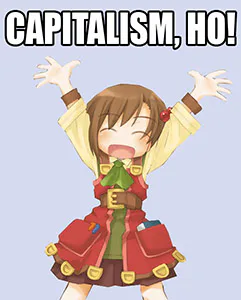
It was a pretty dark theme, now that I think of it.
(© Recettear: an Item Shop’s Tale)
Working on the main storylines, I realized the game we were making wasn’t really about money: we were using bartering as a way to connect with people - as an excuse for befriending other merchants and getting dragged into their personal storylines.
The main character is an outcast, forced to a life of never-ending wanderings. But by traveling, they can touch the lives of those who usually stand still, bringing a new point of view to people in need of a change.
Because in a word that stands still, you will have to move forward.
This is our new main theme.
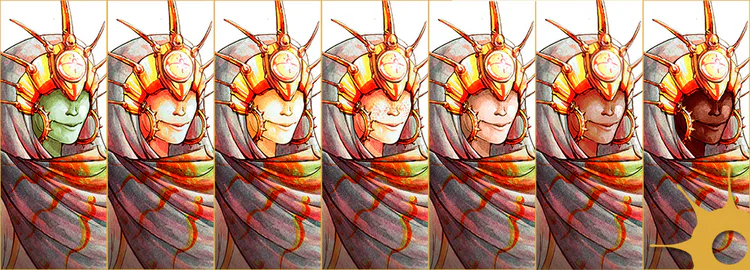
Speaking of our main character, their race is one of the main things you can personalize. Here we’re experimenting with skin tones.
Do you feel they’re diverse/representative enough? We’d like to hear your opinion!
(And yes, you can be a plant! Of course you can be a plant.)
Until next time, may the Sun shine on your path.
Hope you won’t get burned.

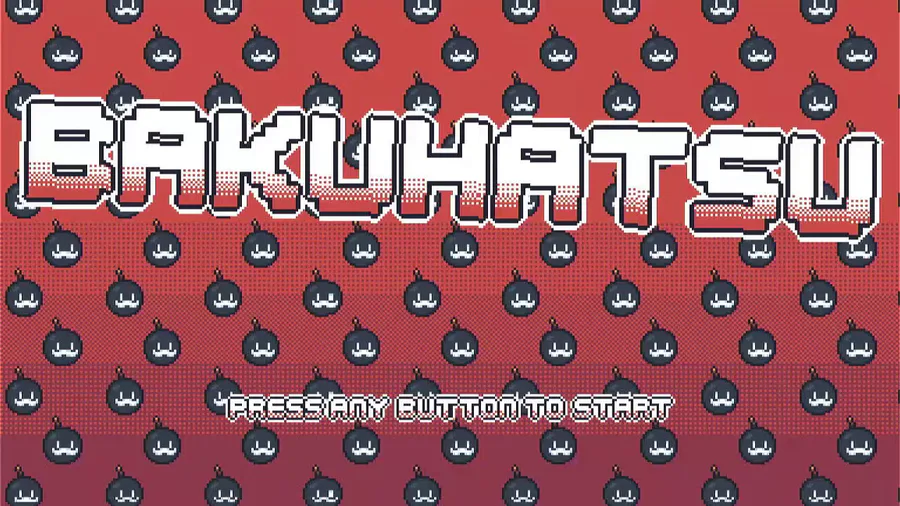
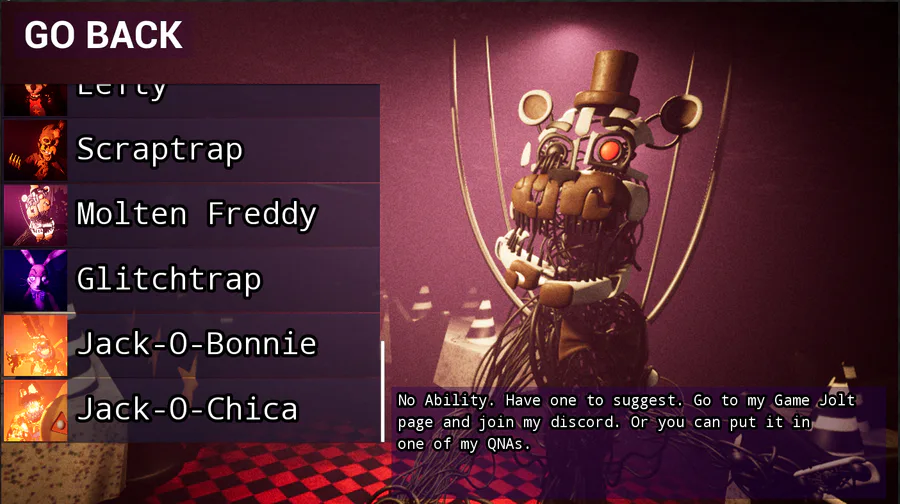
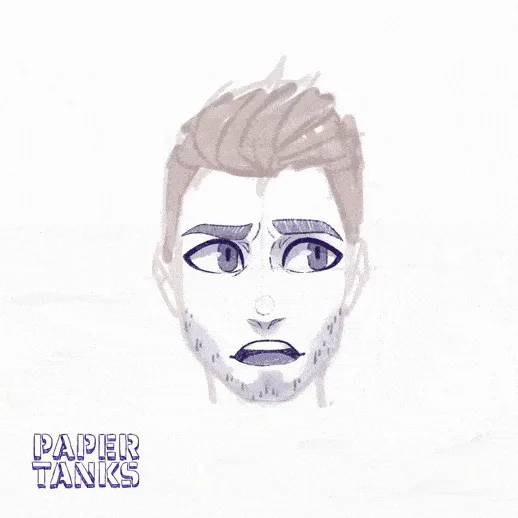
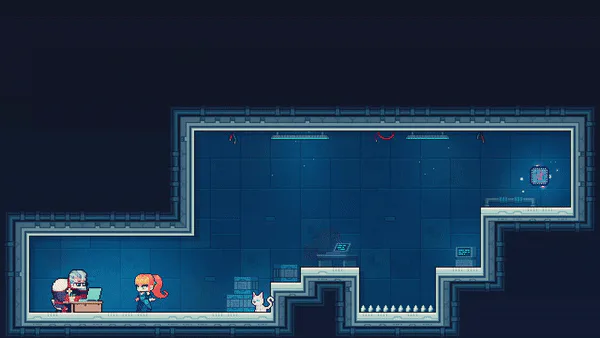
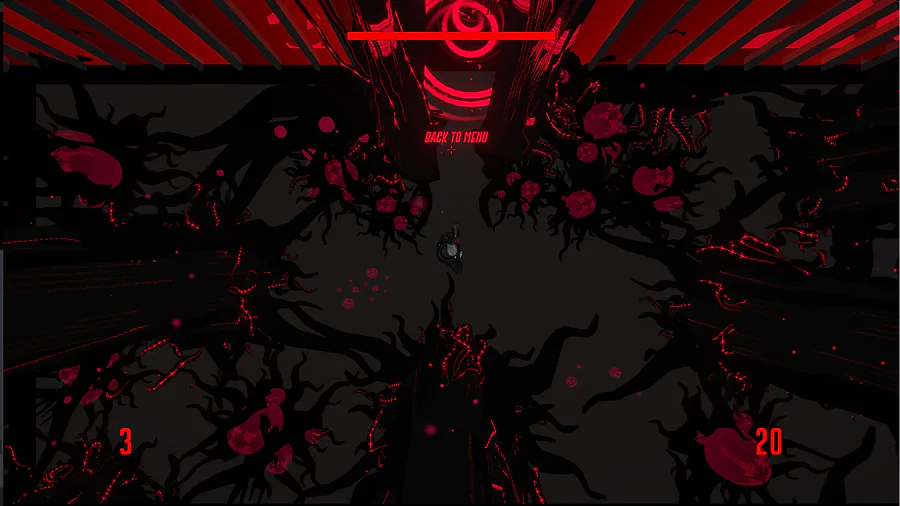
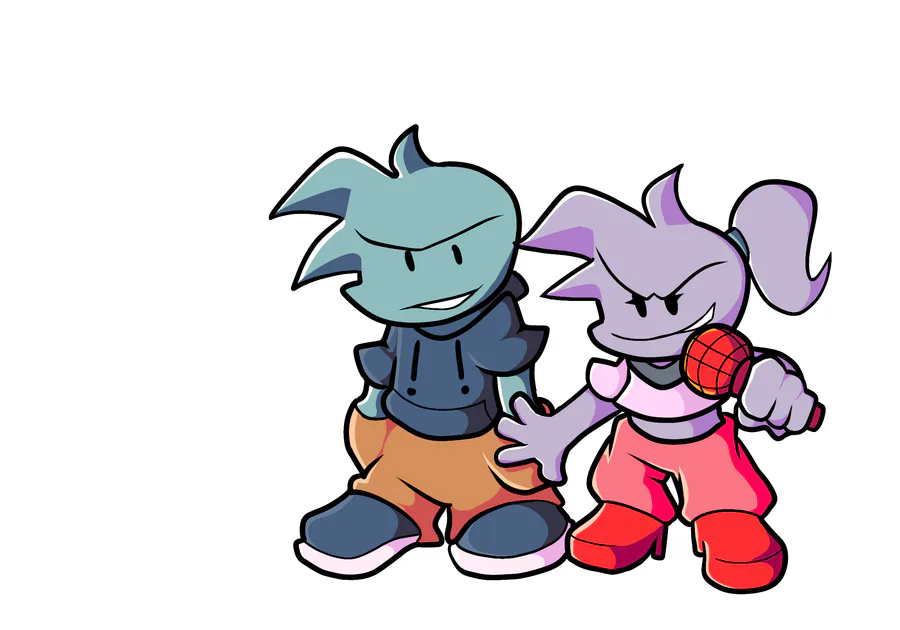
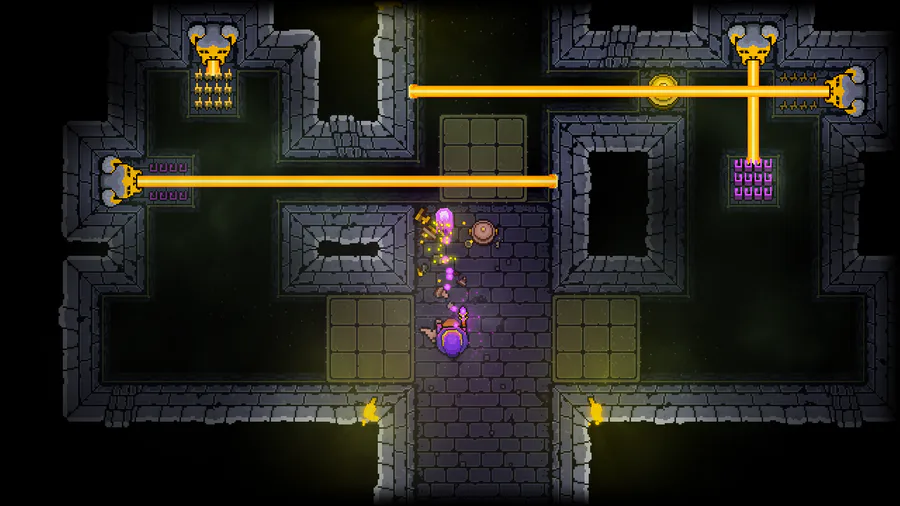

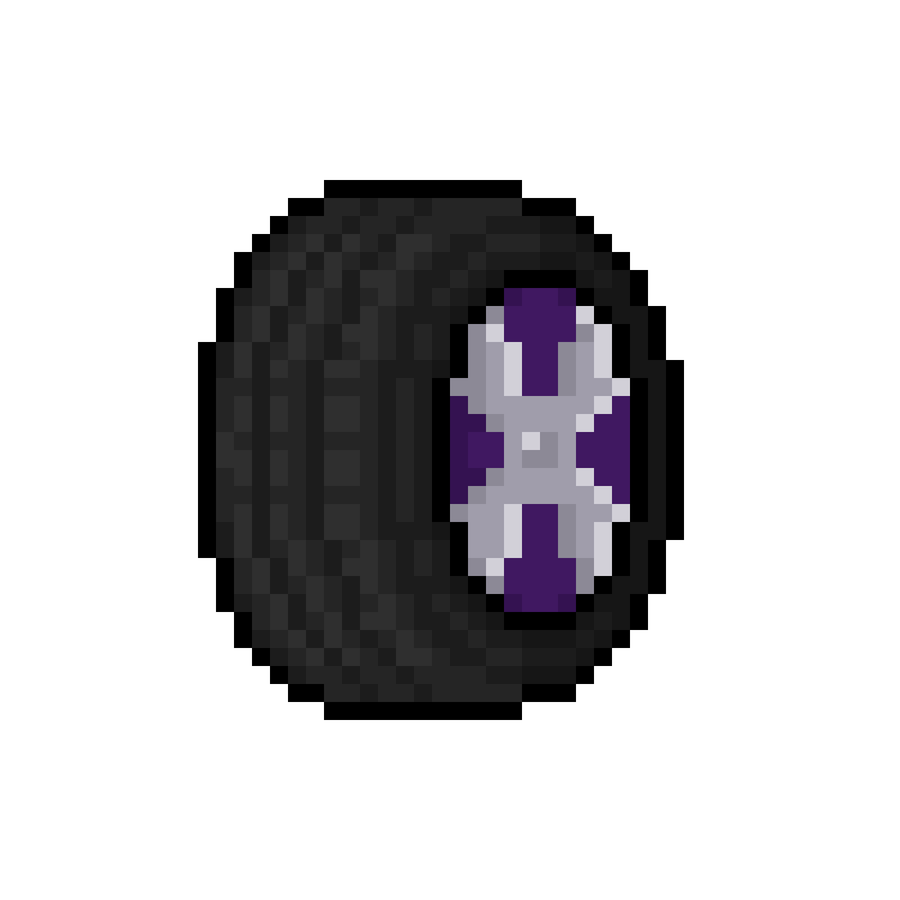
0 comments